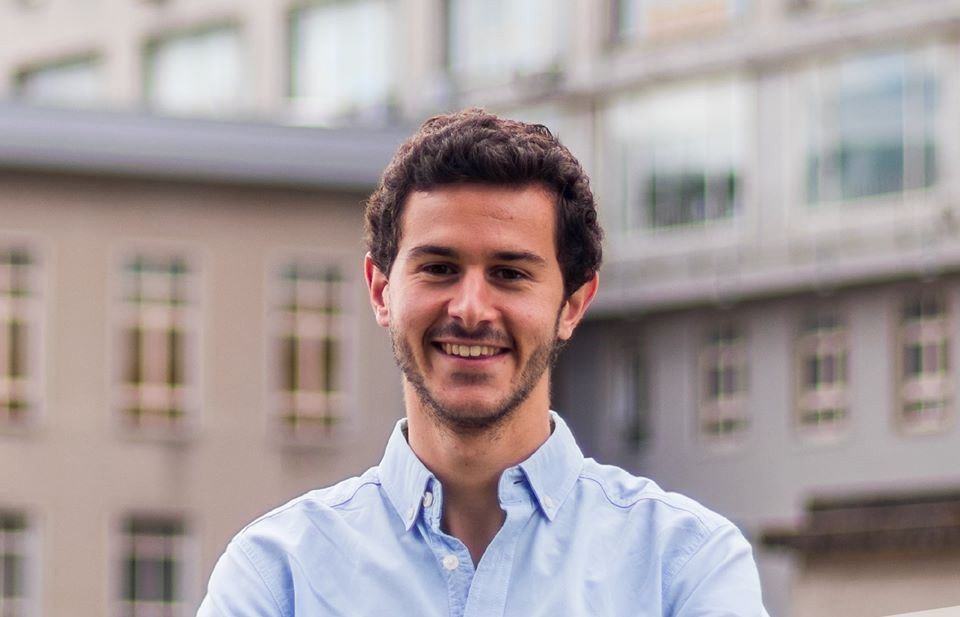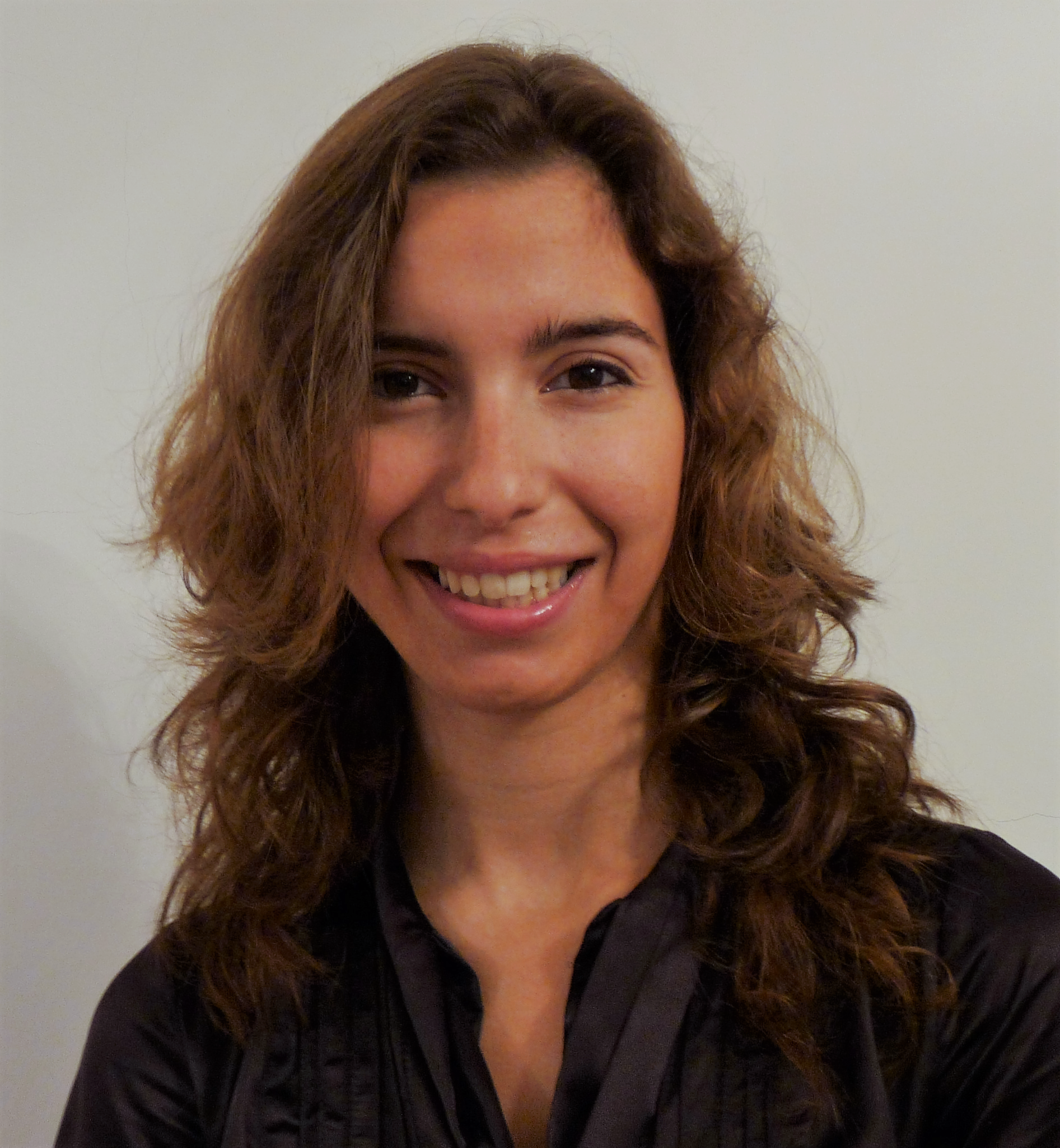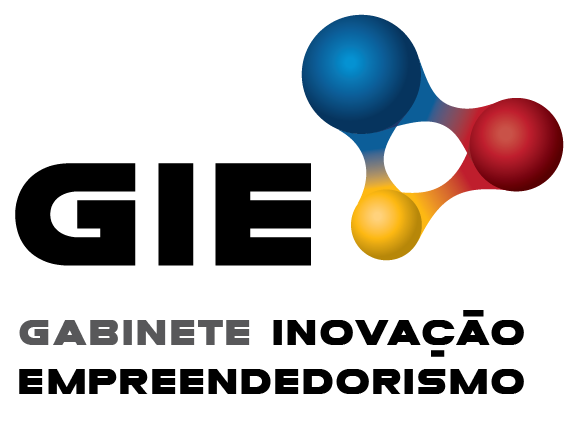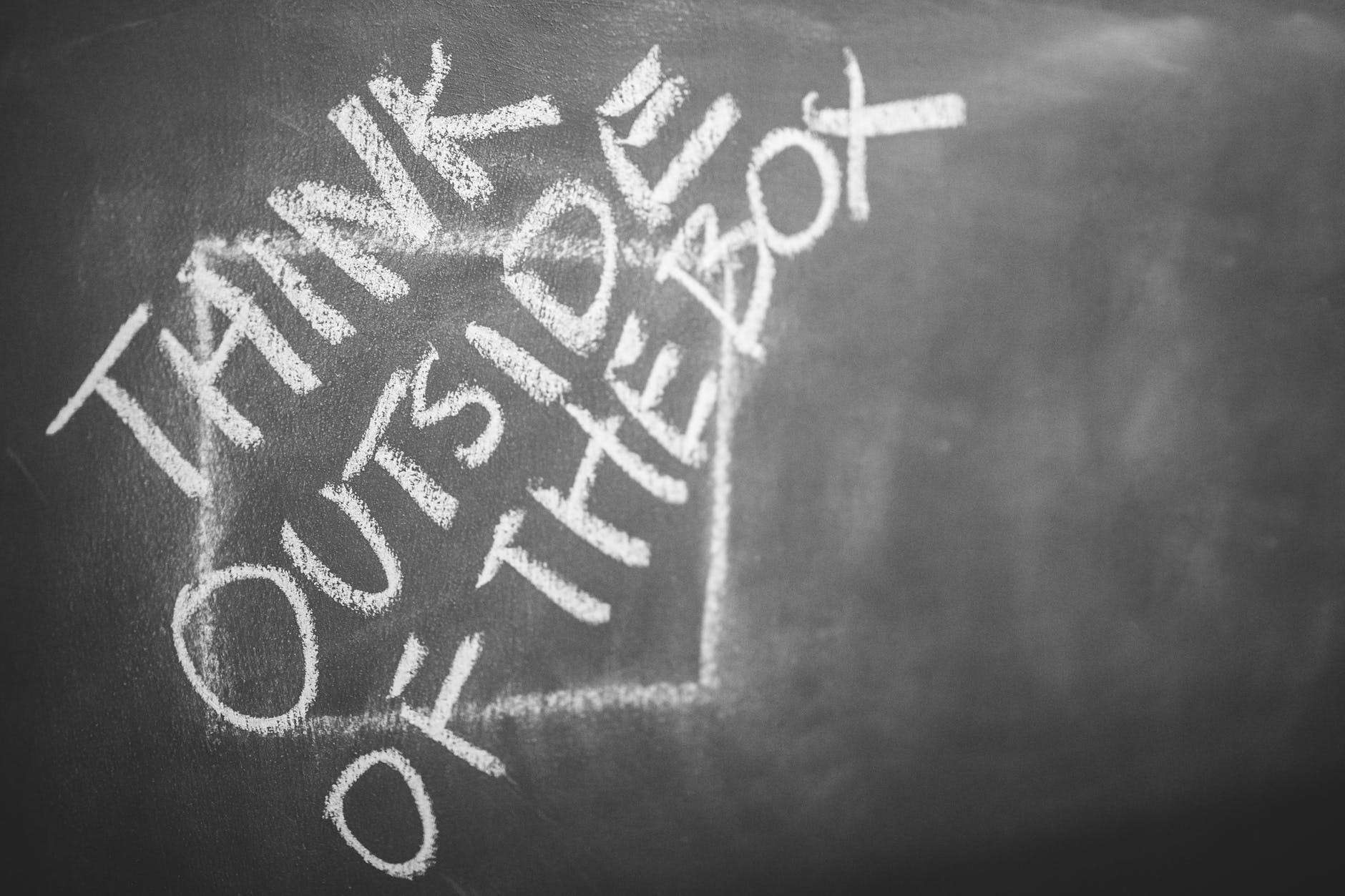
Changemakers is a social entrepreneurship project resulting from an idea of the Department of Social Responsibility and Welfare of the Students’ Association of the Faculty of Medicine (AEFML). It was created to fill a void that existed about this topic, and a challenge was posed to higher education students, so that entrepreneurship could become part of medicine itself.
The explanation makes perfect sense. David Farinha is one of the drivers of the project. A year 4 student of the Integrated Master Degree in Medicine, he believes that "being medical students, it does not mean that we cannot be entrepreneurs too". From the initial dream of creating something new, the idea took shape and became a reality.
In order for Changemakers to be viable, the first step was to disclose the entrepreneurship concept, providing students with training and enabling them to create social projects and only then encouraging the applicability of ideas. At the same time, it was necessary to structure and formalize Changemakers, regulating it and establishing partnerships with various trainers and entrepreneurship schools. It was during this learning phase that they met the Faculty’s Innovation and Entrepreneurship Office, through one of its members, Sónia Teixeira.
This merger between the Faculty and students led us to bring David Farinha and Sónia Teixeira together to understand how much they complete each other and what synergies have been created. We met in the meeting room where it all started between the two offices. This meeting would be a stimulus for our own thinking and the way we look at future solutions.
In what precise part of the project have you started working together?

David: I contacted Sonia in September when I was structuring the training programme. We already had an idea about the topics to be addressed, but I had no training in entrepreneurship, I needed to graduate and qualify to achieve the goals I set myself and understand the appropriate topics and training. Sonia helped me to consolidate the most fundamental aspects of training, gave me the names of the speakers, advice on how to structure everything about entrepreneurship. This support enabled us to create our own training sessions and encourage others to create projects. We had 23 registrations for the training sessions that were divided into 5 modules and only one project application to implement. That is why a single project was selected and we are making efforts to implement it next year (2020). It will be very interesting because it aims to fight childhood obesity. But it is important to say that having an application was very good, because it may inspire others to venture into the world of social entrepreneurship in the future.
Sónia: It was very gratifying receiving the email from the department. I particularly like social entrepreneurship, it's a less talked about area. I realized that the project was not only interesting, but the training logic for building the project, based on a motivation, was a great help. Linking medicine and future doctors to a more social area is very interesting. We agreed that the IEO would support social entrepreneurship and innovation training, later pitch training, along with Madalena Alexandre (AEFML Vice President), who attended Global Changemakers, a worldwide entrepreneurship training. One of the things that this team has always managed very well is to put into practice what was learned in theory. This is very important because what often happens is that at the time of the training they find the content very interesting, but then, as they do not use the tools, it becomes more difficult. We also collaborated on the project’s form, it is very useful because it helps structure ideas and organize all the steps. We also concluded that even those who did not want to move on to the project later, everyone should look at the form to get an idea of the development that followed. Finally, I, David and Madalena formed the panel of the project that was presented.

David: The initial idea was for the panel to be present when evaluating project applications, but as this was the embryonic year, we had only one application. We were more consultants than appraisers and that became much more valuable for the candidate.
And when do we meet the winner who presented the obesity project?
David: The project will go to the final phase for the panel to give the verdict so that it can be implemented. Soon more information will come out.
I am aware that the winner of each Changemakers edition will win a cash prize. This year € 500 was awarded. Is the funding coming from the AEFML?
David: Yes. We stipulated from the outset that a financial prize was needed, first of all because it makes the opportunity more appealing and additionally we knew that as a pilot project in social entrepreneurship, it would be very difficult to get started and to find stability in the short term.
Sónia: People forget a lot about sustainability. When it comes to social entrepreneurship, it is always thought that there is outside funding and not that it can be sustainable on its own and there may be salaries, and not everything being done by volunteers. But it is possible to create a dynamic which, albeit without profit, can generate organic sustainability.
To what extent is it important that someone who studies medicine, and this does not mean that he necessarily wants to be a doctor, has this entrepreneurship new skill?
David: I find it fundamental in that it gives us tools to get out of hospitals and health centres. If we want to act more and more in the prevention of disease, we cannot wait for it to occur and come to us in the hospitals. If we wait for the sick, we will not be on time for prevention and will act at a very late stage. Having the ability to "get out of the box" and learn to think the way people think and live enables us to help the health system itself through entrepreneurial and health impacting projects and ideas in the community. There are already some very innovative health entrepreneurship projects in the field today. This is why entrepreneurship is a useful tool, too, for doctors.
Can you give me tangible examples of social entrepreneurship applicable to our environment?
David: There is a project in one of the partner schools that addresses the issue of dehydration of the elderly and that is a serious problem as they lose their thirst stimulation due to the ageing process and stop drinking water, dehydrating. Then they remembered that the elderly also have a sweet tooth and therefore created candy that is almost 90% made of water but which is sweet. They linked the elderly’s need to have something sweet to a real health problem, dehydration. This example solves a real problem and is conceived by doctors. There is another very interesting case: Dr Nuno Muralha, one of our trainers and a surgeon in Famalicão, gave us an interesting testimony. He has conducted several entrepreneurship bootcamps and realized that in his surgery internship, one of the major problems for surgeons was the accumulation of contact hours with particular operating room pathologies. And at the NHS, it is difficult for a surgeon to have enough internship and experience hours, it takes a lot of time and ends up consuming a lot of resources. So what did he come up with? "If there are other surgeons who already have these contact hours, I have to create a bridge for myself to have access to those hours". This consolidated his training in surgery. To this end, he created some glasses which enable surgeons to automatically record when they are operating. These videos are then formatted and edited, containing only the essential components of the surgery and placed on an online platform. This identified a problem: the NHS spends a lot of time and money training surgeons because it has to give them time to be familiar with the various clinical conditions. By accelerating the process, training can be improved and consolidated in a shorter time frame. These glasses have become an excellent tool for entrepreneurship in the field of medical education. Even the most common problems have solutions, we just need to be creative.

Sónia: I think doctors are a very differentiating element in these areas, because beyond having scientific knowledge, they are close to patients and often just having ideas can help many others. It is curious that much of the problem-solving entrepreneurship comes from doctors, but since they do not have this mind-set, they often do not even know that they can create global solutions and not just at their scale. By having this training in entrepreneurship, they realize that their ideas can expand.
Sónia, perhaps it is also worth talking a little about our Faculty Office, whose focus is precisely on innovation and entrepreneurship. For how long has this Office existed?

Sónia: It was officially created in November 2016. In March 2017, we formally started working when Professor Isabel Rocha and the entire Office’s team felt that one person was needed just to provide the technical support. That was when I came. We started by defining the Office’s area of action and it focuses a lot on knowledge transfer, because the research done here needs to be passed on to society. Moreover, we thought that knowledge transfer alone, in terms of intellectual property, and patents, among others, would be limiting, the training part was missing, since people are not yet very aware of entrepreneurship. Three strategic axes were then defined: the creation of knowledge (with a newsletter and the holding of workshops), communicating the invention and then strategic consultancy for those who have projects and finally supporting their licensing with the industry itself.
David, what is funny about this year’s process is that you have proved to be a true entrepreneur by creating Changemakers. Is your dream linked to something you plan for the future?
David: This idea only came up when I joined the Social Responsibility and Welfare Department. I just knew I wanted to do something different. And although I have nothing planned for the future, my great satisfaction was to see in practice what was just an idea. The hardest thing about entrepreneurship is that, putting ideas into practice. We all have ideas, but how do we apply them? And with Changemakers I realized that it is possible to make ideas grow and be agents of change in the world.

After this first year of the Changemakers project, the team knows it has been little time for it to reach the entire academic community. However, it keeps in mind that it has sowed the first seed to increase curiosity. The truth is that with just a year of existence, everything went well and all the steps were implemented until the end. Having left the first ideas to inspire others, David wishes he can now continue with new people, new ideas and other projects as his term is about to end.
As for the Innovation and Entrepreneurship Office, it promises to bring new training and workshops in 2020, the first due to begin in February.
In the partnership between students and the IEO, they are now creating pedagogical videos - Medclip - a project conducted by students and supervised by lecturers, supported by the Faculty’s structure and which provides students, mainly those in year 3, with help in real contents that reinforce the theory they have learned so far.
But after meeting David and talking to Sonia, we know that most important of all is the notion that a project can solve the problem of one person alone and become the solution for many. Excellent output for health and perhaps for the NHS itself.
In the near future, we will meet the first winner of this pioneering project and talk to him, perhaps to inspire others to chart new paths, the fruit of dreams that are often kept only in the memory of the creator.
May Changemakers be a baby just beginning its long life of dreams that celebrate reality.
Joana Sousa
Equipa Editorial

